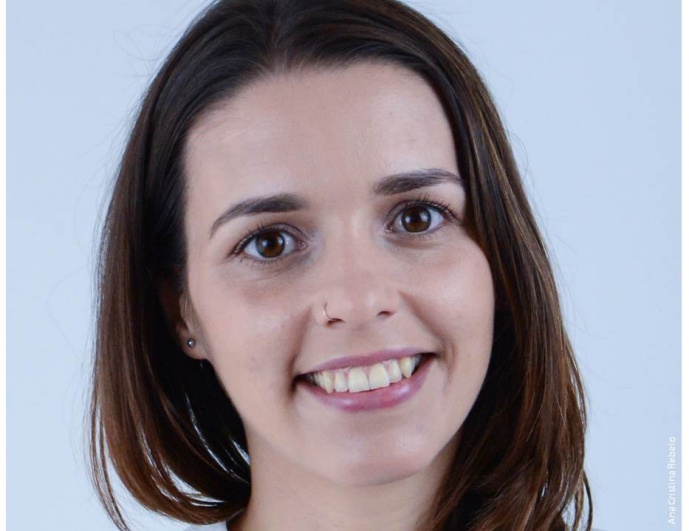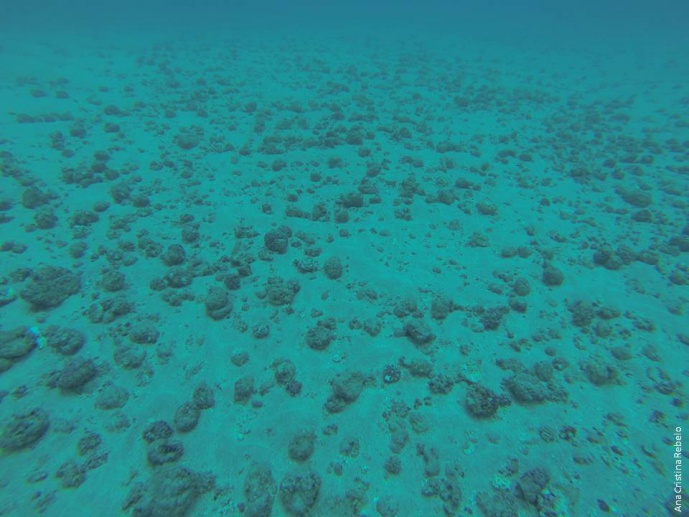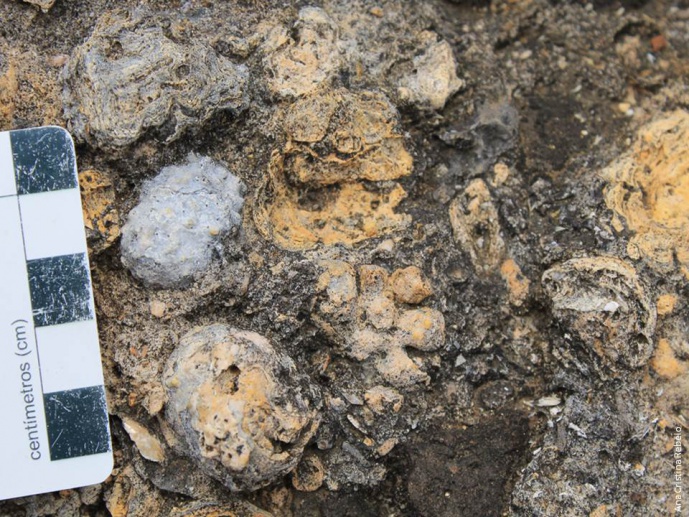Ana Cristina Rebelo
Post-Doc Researcher
A.C. Rebelo obtained her PhD in Marine Sciences at the University of the Azores (2016). She is currently a post-doctoral researcher with joint appointments at the Instituto Hidrográfico, University of the Azores, and the Naturkunde Museum Stuttgart (Germany).
Her research interests are focused on the formation of rhodoliths - nodules of free-living coralline red algae (Rhodophyta), around reefless volcanic island shelves in the NE Atlantic.
Rhodoliths are well recognized as amongst the most important carbonate builders worldwide. Crucially, they form a perennial habitat whose features and complex structure give rise to the formation of a large number of microhabitats, which are then colonized by specialized species living in these niches. Rhodoliths are therefore key in the support of juvenile habitats of fish species with commercial interests. Additionally, these substrates are also an important sinkhole of CO2, constituting important mitigators of the greenhouse effect; as these calcareous algae have a very slow growth (like corals) they fix large amounts of carbon dissolved in the water to form calcium carbonate, resulting in its characteristic shape. Nevertheless, rhodoliths are very sensitive to any changes to its brittle nature and exhibit a poor regeneration capacity (tens of years).
For all the reasons above, rhodolith beds were included in Annex 1 of the Habitats Directive (92/43) (in the category 1170: Reefs) and the Berne Convention. Moreover, rhodolith beds constitute a habitat protected by the legislation of the European Union and by the member states of Portugal and Spain, forming an essential part of the European Marine Strategy at Community, national and regional levels.
The research by A.C. Rebelo uses an approach that combines information from both modern rhodolith living communities from selected island shelves of the Azores and Madeira Archipelagos and the marine fossil record from those islands designed to gain a unique insight on physical processes related to the formation of rhodoliths around insular shelves and the sedimentary dynamics.


